Native American leaders gathered at the Utah State Capitol on Thursday to press for further action in addressing the ongoing crisis of missing and murdered Indigenous people in Utah. The event, a conference aimed at highlighting the issue, came as state lawmakers consider legislation to extend the mandate of the Murdered and Missing Indigenous Relatives Task Force, which was originally created in 2020.
The Crisis at Hand
The crisis of missing and murdered Indigenous people continues to impact Native communities across the nation, with alarming statistics that show Indigenous people, though comprising just 1.6% of Utah’s population, make up over 5% of the state’s murder victims. The report issued by the task force in 2023 outlined these stark statistics and underscored the need for continued attention. According to participants at Thursday’s conference, the issue cannot be solved by legislation alone, but requires sustained action, collaboration, and commitment from all levels of government and society.
Kassie John, a speaker at the event and Miss Indian World 2024-25 from the Navajo Nation, said, “We’re here today because our work is far from finished. The crisis of missing and murdered Indigenous relatives continues to devastate families across not just Utah but the United States as well. Our communities cannot bear this burden alone. We need everyone’s support.”
The current push for legislative action includes HB15, a bill that would extend the task force’s mandate until July 1, 2027. However, the leaders at the conference made it clear that while this extension is a positive step, more needs to be done. “It has to be an action, a collaboration, an unwavering commitment to justice for Indigenous people,” John emphasized.
Further Legislative Proposals and Support for Tribal Officials
Alongside the task force extension bill, a separate proposal, HB30, seeks to empower tribal officials in foster care cases involving Native American children. Sponsored by Rep. Angela Romero, D-Salt Lake City, HB30 would give tribal representatives a stronger voice in cases where Native American children are removed from their homes and placed into foster care. This legislation highlights another aspect of the ongoing struggle for Native American communities in Utah—the need for stronger representation in family and child welfare systems.
Tamra Borchardt-Slayton, the health director of the Paiute Indian Tribe of Utah, spoke at a rally supporting HB30, noting that the state of Utah has disproportionately removed Native American children from their homes. “As of 2022, 4% of child removal cases were Native American, while we make up only 1.6% of the state’s population,” she pointed out.
Advocacy and Support for Change
Dena Ned, a board member of Restoring Ancestral Winds Inc. (RAWI), the organization that hosted the conference, echoed the call for collective action. “We need to help make the change happen,” she said, urging attendees to join in pushing for reform. Yolanda Francisco, the executive director of RAWI, emphasized the importance of collaboration between tribal representatives, Utah lawmakers, and the broader community to create meaningful change. “May our voices resonate with others and give peace, safety and healing to Native communities so that one day we can live and thrive in society without fear and truly be free from violence,” Francisco said.
HB15 and Ongoing Legislative Efforts
While HB15, which would extend the task force’s work until 2027, is moving through the Utah Legislature, the focus of many at the conference was on tangible action beyond just reports and investigations. HB15 calls for additional reports on unresolved cases of missing and murdered Indigenous people and urges more outreach to the most affected communities. The bill received a favorable recommendation from the House Law Enforcement and Criminal Justice Committee earlier this week and is now awaiting consideration by the full House.
Federal vs. State Perspectives on Action
However, not all lawmakers are in agreement about the need for further state intervention. House Speaker Mike Schultz, R-Hooper, expressed that federal action on the issue had already been addressed last year. He described the state measure as potentially “duplicative” of federal efforts, though he did not rule out the possibility of the bill being heard.
Despite this, the attendees at the conference made it clear that the issue is far from resolved, stressing that Utah’s Native communities continue to face disproportionately high rates of violence, and more needs to be done at the local level to address these concerns.
A Call for Action and Unity
The conference highlighted the ongoing need for greater attention to missing and murdered Indigenous people, and the importance of working together to find solutions. As Kassie John put it, “The work is far from finished,” and while legislation like HB15 is an important step forward, it must be part of a broader, united effort to bring justice and healing to Indigenous communities in Utah and beyond.
Key Takeaways:
- Native American leaders and advocates are pressing for further action on the issue of missing and murdered Indigenous people in Utah.
- A task force investigating this issue is seeking an extension of its mandate until 2027 through HB15.
- HB30, a separate bill, aims to give tribal officials more authority in foster care cases involving Native American children.
Disclaimer – Our editorial team has thoroughly fact-checked this article to ensure its accuracy and eliminate any potential misinformation. We are dedicated to upholding the highest standards of integrity in our content.





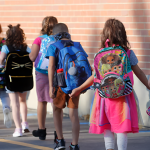
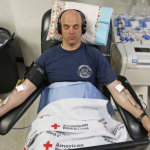
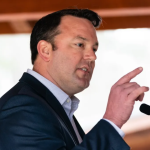



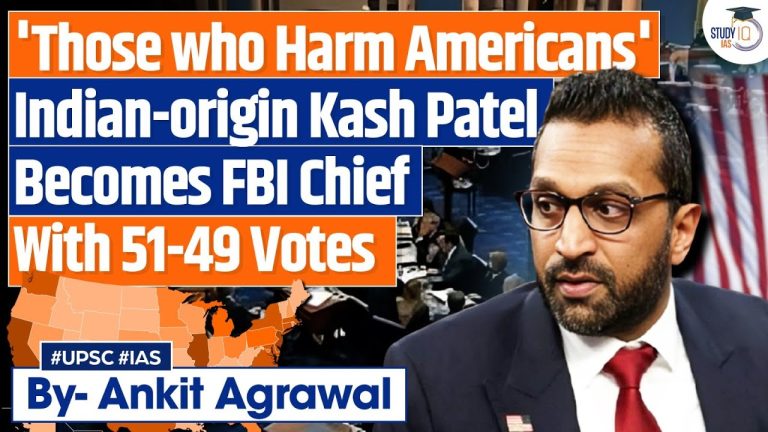
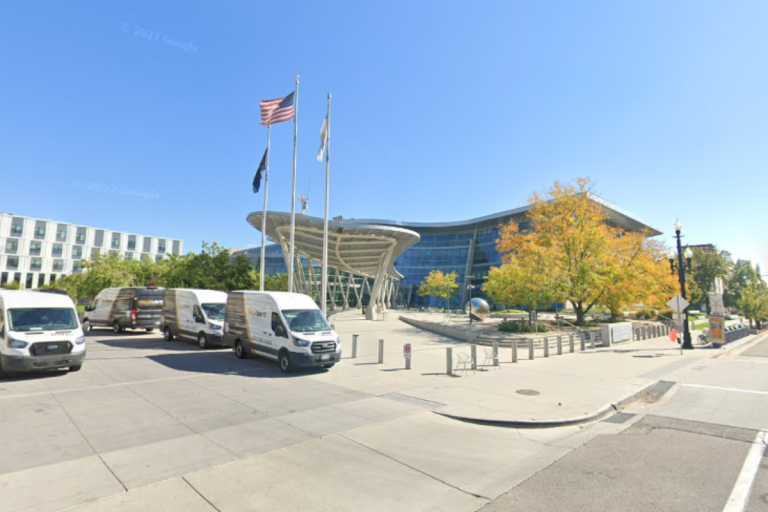
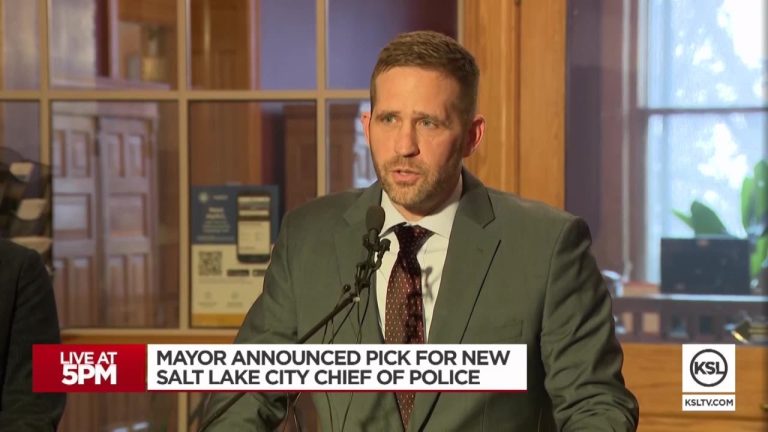
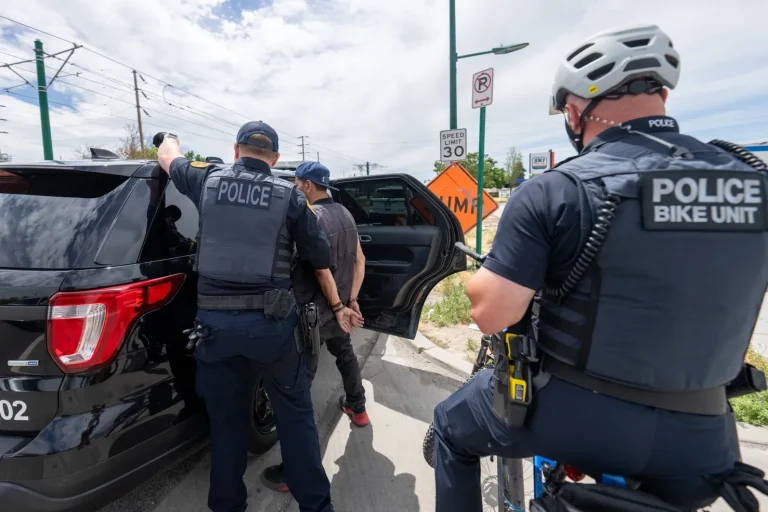













+ There are no comments
Add yours